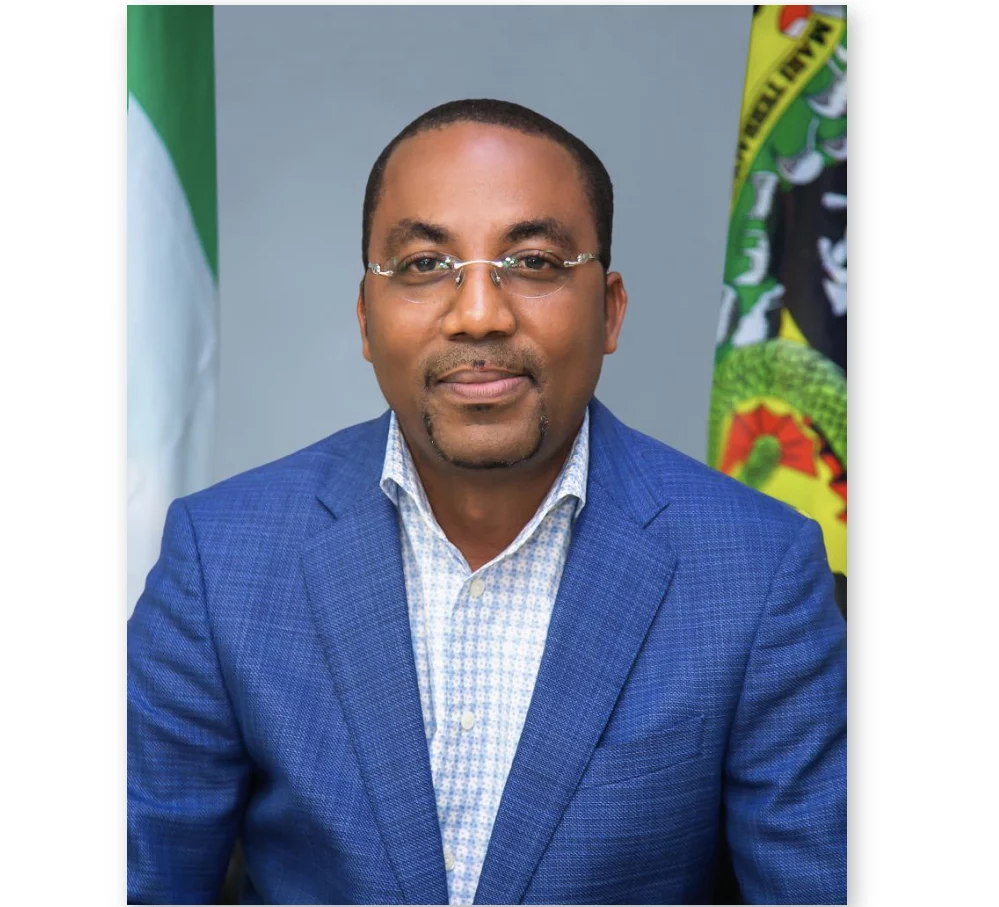The commissioning of the $1.5billion Lekki Deep Seaport by, President Muhammadu Buhari, on Monday, has been described as a game changer to the nation’s economy.
Stakeholders, promoters and government agencies have said the port will turn Nigeria into a transhipment hub, boost the nation’s economy and provide over 200,000 direct and indirect jobs for Nigerians.
Nigeria had relied on two major river ports, Apapa and Tin-Can ports, as its busiest ports, thereby, losing cargoes to neighbouring deep seaports of Lome and Tema because these ports have deeper draft and could accommodate very large vessels.
With many cargoes destined for the Nigerian markets going to rival ports, trans-shipment activities thrived at these neighbouring ports of Lome and Abidjan and Nigeria’s ports were fed with crumbs that dropped from the tables of these neighbours for years.
NATIONAL ECONOMY reports that Lekki Port, with a draft level of 16.5 meters, can conveniently berth ultra large vessels that had hitherto found it difficult to come to Apapa or Tin-Can ports due to draft limitations.
The port has three container berths, long dry bulk berths, and three liquid berths are expected to handle close to 1.5 million TEUs of containers annually and bring about increased business opportunities around the port.
However, speaking, the former President, Shippers’ Association of Lagos State (SALS), Rev. Jonathan Nicol, stated that the Lekki Deep would open up massive channels of inter-regional trade between the Economic Community of West African States (ECOWAS) countries.
“Massive investments like the Lekki Deep Port is one of the achievements of this administration. It will open up massive channels of inter-regional trade between the Economic Community of West African States (ECOWAS) countries.
“Cross border trade will be greatly appreciated. Goods and persons will be massive, especially, if the Free Trade zone is applied the way it should be,” he said.
Nicole noted that the Lekki port was a welcome attraction, as it would improve revenue for both government and shippers.
“Volume of cargo will improve as shipping lines will prefer to bring in larger vessels with large volumes of containers because it is more economical than using conventional vessels.
“Apapa and Tin Can Island ports will be down-graded to river ports which will expect feeder vessels to move containers from Lekki Deep Sea to the River Port Terminals.
“So, local voyages of smaller container vessels will increase, including preferably self-propelled barges,” he said.
He noted that there might be hitches, probably, the hiccups of a new method of exchange of trade.
“Unfortunately, the environmental factors will be very challenging as absence of railway facility will induce massive movement of heavy duty trucks to move containers to other metropolitan areas like Ikeja, Apapa and other cities.
“ If care is not taken Lekki will witness deadly traffic jam, even worse than the Apapa traffic,” he said.
Indicating the prospect of the port, Tang Qiaoliang, the Chairman of China Harbour Engineering Company Ltd (CHEC) – the majority stakeholder in the project, described Lekki Port as “a major trade hub in West Africa.
“It will improve the Nigerian port industry, easing the burden of cargo shipment flow, creating employments, and ultimately promote international trade in the nation.”
According to him, the company saw the opportunity in Nigeria and believed in its potential, “so we committed the adequate financial investments and essential technology, together with Nigerians in the construction and operation of the port.”
Also speaking, a truck owner, Alhaji Bode Dele, disclosed that the deep seaport would be a game changer as bigger vessels will call at the port.
He, however, tasked the state government to ensure completion of the road leading to the port so as not to repeat the Apapa and Tin-Can Island chaos.
“The Lekki Deep seaport is a game changer because of its popularity. Its size as well, comes with some challenges especially from the truckers angle like the one we are facing in Apapa and Tin Can.
“The access road to the port is still under construction and the last time the governor was here, he left a standing order that the road should be completed before full operations starts.
“We know that this first quarter is for trial operation and we also suggested as truckers association that we would prefer if the state government can make the access road six lanes and dedicate one to trucks for easy evacuation of cargoes from the seaport.”





